The article is also available in French and Spanish.
Over 6 million Iraqis were displaced1 as a result of the war with Daesh2 that started in the summer of 2014, with an estimated 250 000 of them belonging to the Yazidi community3 living in the Sinjar district of Ninewa Governorate, Iraq. According to recent International Organization for Migration (IOM) data, about 4.8 million individuals have returned, with the Mosul, Sinjar and Al-Ba’aj districts seeing the largest number of returnees since the previous survey.4 About 150 000 Yazidis have now returned to liberated areas but almost 3 000 remain missing.5
With the financial support of the EU Regional Trust Fund in Response to the Syrian crisis (also known as the MADAD Fund), UN-Habitat implemented the project entitled “Support for Urban Recovery and Peacebuilding in Western Ninewa, Iraq” between September 2020 and September 2023. The objective of the project was to facilitate the return of displaced communities6 to Western Ninewa Governorate by mainly focusing on:
- Urban rehabilitation to improve the living and housing conditions of vulnerable returnees in Western Ninewa. This included the construction of housing units to accommodate returning families and the creation of public infrastructure.
- Redeveloping livelihoods in targeted districts via vocational training in construction open to both men and women, and employment in local rehabilitation and construction activities, to enable beneficiaries to develop new skills.
- Protecting housing, land and property rights of returnees while developing local authorities’ capacity to address claims though awareness-raising and legal support on housing, land and property rights. Support was also provided in filing compensation claims for land and/or property lost or damaged due to Daesh.
A past of displacement, a future of hope
“On 3 August, 2014, at 8 o’clock in the morning, we left everything behind and fled to Sinjar Mountain. I was carrying my son and my daughter was walking behind me. We didn’t take anything with us. My husband was dead, killed by terrorists,” recalls Hala,7 one of the beneficiaries of the UN-Habitat project. “We stayed in the mountains with many others who had escaped. Then, we heard the sound of bullets. Daesh was coming.”
After the fall of Mosul in 2014, ISIL pushed its offensive towards northern Iraq and the Syrian border, capturing, systematically executing, and abducting Yazidis and Shia minorities in their wake. “Around 100 000 of these fleeing civilians were besieged on Sinjar Mountain. The mountain provided them with shelter to hide, as it has in the past, but it was surrounded by ISIL with most escape routes cut off. Trapped on the mountain with no food or water in the heat of the late Iraqi summer, displaced people risked starvation and dehydration.”8 After a week, a corridor into Syria was cleared so that civilians could be evacuated. Daesh control of Sinjar lasted until December 2014. What was left behind was unbearable trauma, mass graves and utter destruction.9
Hala and her children returned to Sinjar, where UN-Habitat provided them with a house, verifying and providing the occupancy certificate as well. She was also able to attend the vocational training in construction. When asked how she felt when she came back, Hala said: “It’s a feeling that is very hard to explain. After the safety of your children, your next thought is shelter. If you don’t have shelter, you cannot take care of your children and yourself. I am proud of this house.”
|
Lessons learnt and tips from the UN-Habitat project |
1. Clearly explain the project’s objectives to its beneficiaries and manage expectations.
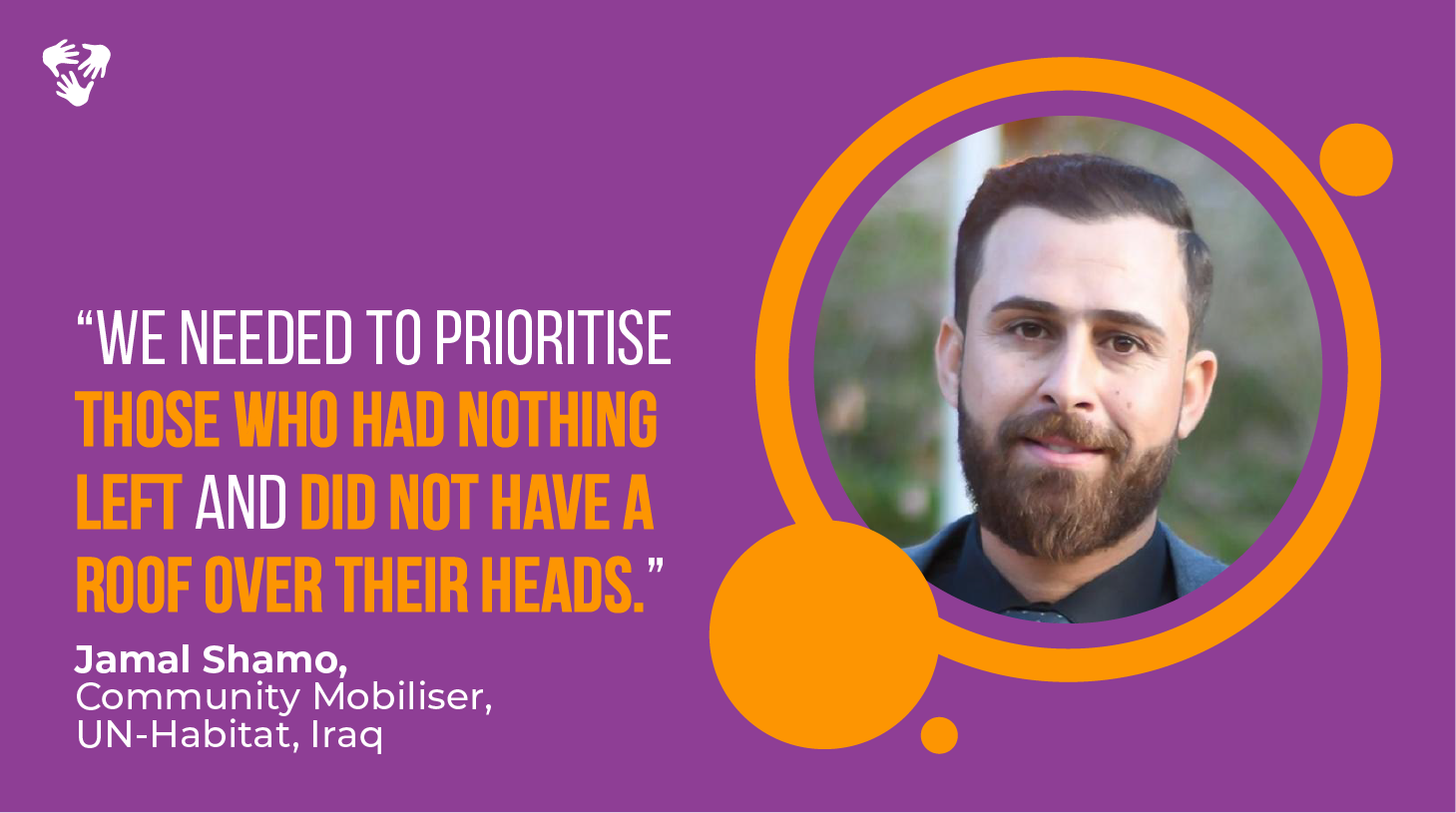
UN-Habitat was one of the first agencies to visit the areas left in a shambles by Daesh. While surveying the area, UN-Habitat came across more than 1 400 mud houses and more than 60 concrete homes that had been destroyed. Additionally, about 1 500 houses has suffered varying degrees of damage.
While implementers were initially able to build new homes, allowing the first families of returnees to regain some stability, the following phases proved challenging. “In the first phase, we worked on 11 houses, and 9 families returned to live in their homes. However, challenges emerged during phase two and three as more people wanted to return, and we faced difficulties in providing housing for everyone,” explained Jamal Shamo, Community Mobiliser, UN-Habitat, Iraq. “People had high expectations and hoped for more, but there was only so much we could do with the time and budget available. It was very confusing for them.”
The main issue was that returnees arrived back from camps where, due to the urgency of the situation and the fact that most had had to flee their homes and leave everything behind, they had been given everything they needed. “The support we provided was different and it was really difficult for returnees to understand how NGOs and agencies carry out their work. The hardest thing I had to do was convince people that the project was designed to support those in dire need. It was not for everyone.”
Jamal Shamo explained that it is important to be able to manage expectations and clarify objectives when first addressing needs in a specific region. “We needed to prioritise those who had nothing left and did not have a roof over their heads,” he added. It is important to involve community leaders, stakeholders, and the local government to make sure civilians really understand what the project is about. Everyone needs to be aware of the limitations implementers themselves are faced with.
2. Your project needs to be as good on paper as it will be in practice.
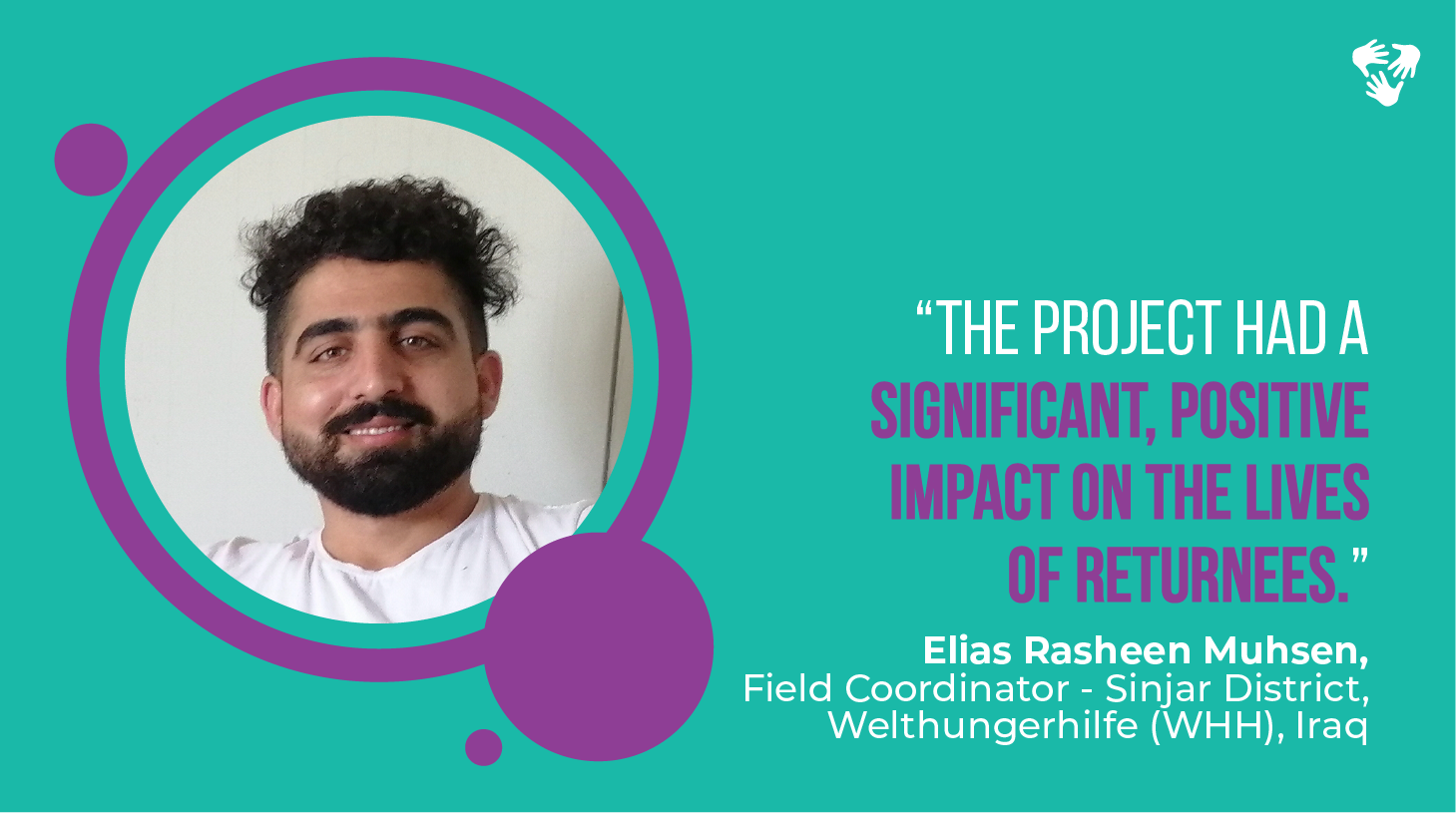
Rebuilding houses, schools, and public infrastructure was fundamental in enabling displaced civilians to return to their homeland and get a fresh start. In addition, with the vocational training (and the legal support – more about this later in the article) UN-Habitat and its partners, Welthungerhilfe (WHH) and Caritas Czech Republic, went the extra mile. Not only could returnees come back, they also had access to training that would open up employment opportunities for them.
“As these individuals had just returned and their houses had either been destroyed or badly damaged, the project had a significant, positive impact on their lives,” explained Elias Rasheen Muhsen, Field Coordinator – Sinjar District, Welthungerhilfe (WHH), Iraq. “By participating in the construction training, community members were able to improve their economic situation. Those with previous experience, moreover, acquired essential skills, transitioning from basic to intermediate or advanced levels. Some of them found employment in public companies,10 or simply learned how to repair things in their own homes without having to rely on external services.”
However, as with every project, things did not always go smoothly. “One of the challenges we faced was that a lot of people wanted to register for the training, but the project’s targets were limited and, despite our efforts to request an increase in numbers, the available budget was not sufficient to accommodate everyone,” explained Elias Rasheen. In addition, he felt that more time should have been allocated for the implementation of the project. A well-defined workplan is essential, especially one where targets and budget match needs as closely as possible.
3. Depending on the context, legal support is as important as any other basic service.
Until very recently and because of the Arabisation campaign conducted by the Ba’ath Party in the 1970s in the northern parts of Iraq where minorities resided, Yazidi communities have been deprived of the right to own land and property. Throughout the implementation of the project, UN-Habitat has been actively involved in addressing this issue through the House, Land and Property (HLP) programme. Thanks to this programme, people, including those from Yazidi communities, can claim and acquire the right to own the land they have occupied for an extended period of time. UN-Habitat has issued occupancy certificates, which have been endorsed by the Iraqi government, legally granting ownership rights. Additionally, Yazidi communities have a legal right to file for compensation for lost or damaged property due to the war with Daesh.

Hazim Abdulaziz Rasho, Legal Officer, UN-Habitat, Iraq was one of the many UN-Habitat lawyers raising awareness among Yazidi communities about property rights and supporting them in filing compensation claims. “My job was to conduct awareness-raising sessions with returnees to inform them about the legal procedures to claim compensation for lost property and to actually file claims for them. Secondly, I assisted in delivering training to local authorities on HLP rights,” explained Hazim Abdulaziz Rasho. “This was very important because these were the government officials that would deal with the compensation claims.”
At the beginning, most returnees did not know they were eligible for compensation. Some, on the other hand, were not confident enough to try to start legal procedures even though they knew they were entitled to. “You have to keep in mind that vulnerable communities like the Yazidi need a wide variety of services. And we tend to forget that sometimes legal support is as important as other services to the population,” added Hazim Abdulaziz Rasho. “Imagine you’ve lost everything, your house, your land, and there is a chance you can get compensated for it. Most don’t have either the resources or the knowledge needed to file a legal claim.”
From the project implementation perspective, Hazim Abdulaziz Rasho shared that, in general, you have to be aware of where exactly legal assistance is needed and of the time it will take to file claims and support communities. “To process one compensation or property ownership claim, I had to visit between 10 to 12 government directorates. And because claims require the applicant to obtain a security clearance that can only be granted in Mosul, the procedure was even longer.”11 A feasible plan that takes into consideration procedural times is key for the success of legal activities like the ones implemented by UN-Habitat.
Final thoughts: a frustratingly slow return to a dignified life
With more than 200 core-housing units built for almost 800 Yazidis, 800 returnees receiving vocational training, and more than 4 000 occupancy certificates signed and delivered to beneficiaries, things are looking a little bit less bleak for the Yazidis returning to their homeland.
Nearly a decade on, however, too many are still missing, or living in extreme poverty in camps and informal settlements, with little to no access to basic services. “This anniversary is an opportunity to reflect on the ongoing armed conflict in the Sinjar region and the profound effect it has had on its inhabitants. It also serves as an opportunity to appreciate the resilience of the Yazidis, looking toward a future with new hope and new aspirations—a future where Yazidis can experience peace, stability, justice, and equitable opportunities to reconstruct their lives and their communities.”12
Special thanks for the support: the beneficiaries, Jamal Shamo, Hazim Abdulaziz Rasho, Elias Rasheen Muhsen, Sara Jazaeri, Abdelmohsin Elzair, Ghena Shakir, Carlotta Comparetti.
Like, comment and share this article with your peers
|
More on the UN-Habitat project With the financial support of the European Union via the EU Regional Trust Fund in Support to the Syrian Crisis (EUTF Syria, Madad), UN-Habitat:
|
1. IOM IRAQ, Overview of Internal Displacement in Iraq, DRM Integrated Location Assessment VI, 2021.
2. Daesh is the Arabic acronym of ISIS, the Islamic State in Iraq and Syria, ISIL, the Islamic State in Iraq and the Levant, or IS, the Islamic State. More information on the terrorist organisation can be found here: https://www.rand.org/topics/the-islamic-state-terrorist-organization.html.
3. UN-Habitat, Sinjar Urban Profile. In addition, UN-Habitat estimates that the original community before Daesh’s arrival counted about 400 000 members. Everyone has been either displaced, captured or killed, leaving the Sinjar region completely devastated. The UN declared that Daesh committed genocide against the Yazidis.
4. IOM IRAQ, Iraq Master List Report 129.
5. UNHCR.
6. While the UN-Habitat project targeted returnees from different communities, this article will mainly focus on the Yazidis.
7. This name has been changed to protect the identity of the beneficiary.
8. UN-Habitat, Sinjar Urban Profile.
9. To learn more about the crimes endured by the Yazidis at the hands of the Islamic State, please see: The Yazidi Genocide.
10. WHH collaborated with local construction companies so that the vocational training participants worked as day labourers for them, under a cash-for-work scheme. WHH provided the financial support needed to pay the workers’ wages.
11. To be able to finalise compensation claims, applicants need to obtain a security clearance that proves that the person requesting ownership of the land, for example, has never had any affiliation with Daesh, past or present.
12. Sinjar: Challenges and Resilience Nine Years after Genocide.
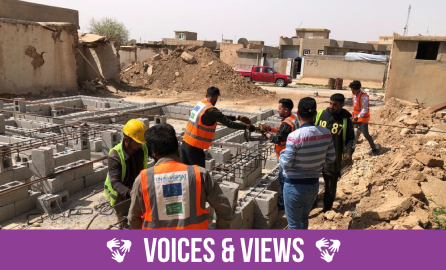

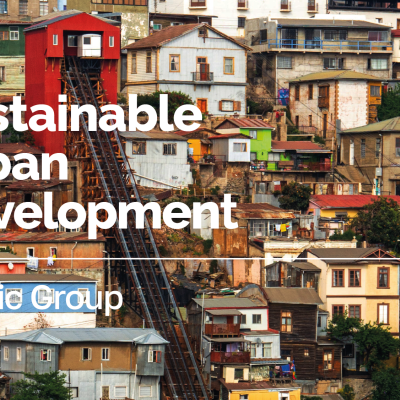
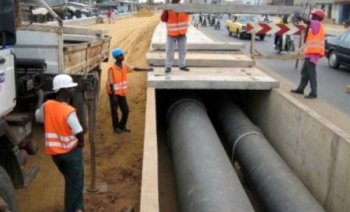
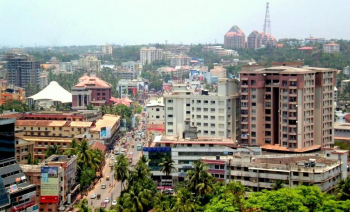
Log in with your EU Login account to post or comment on the platform.